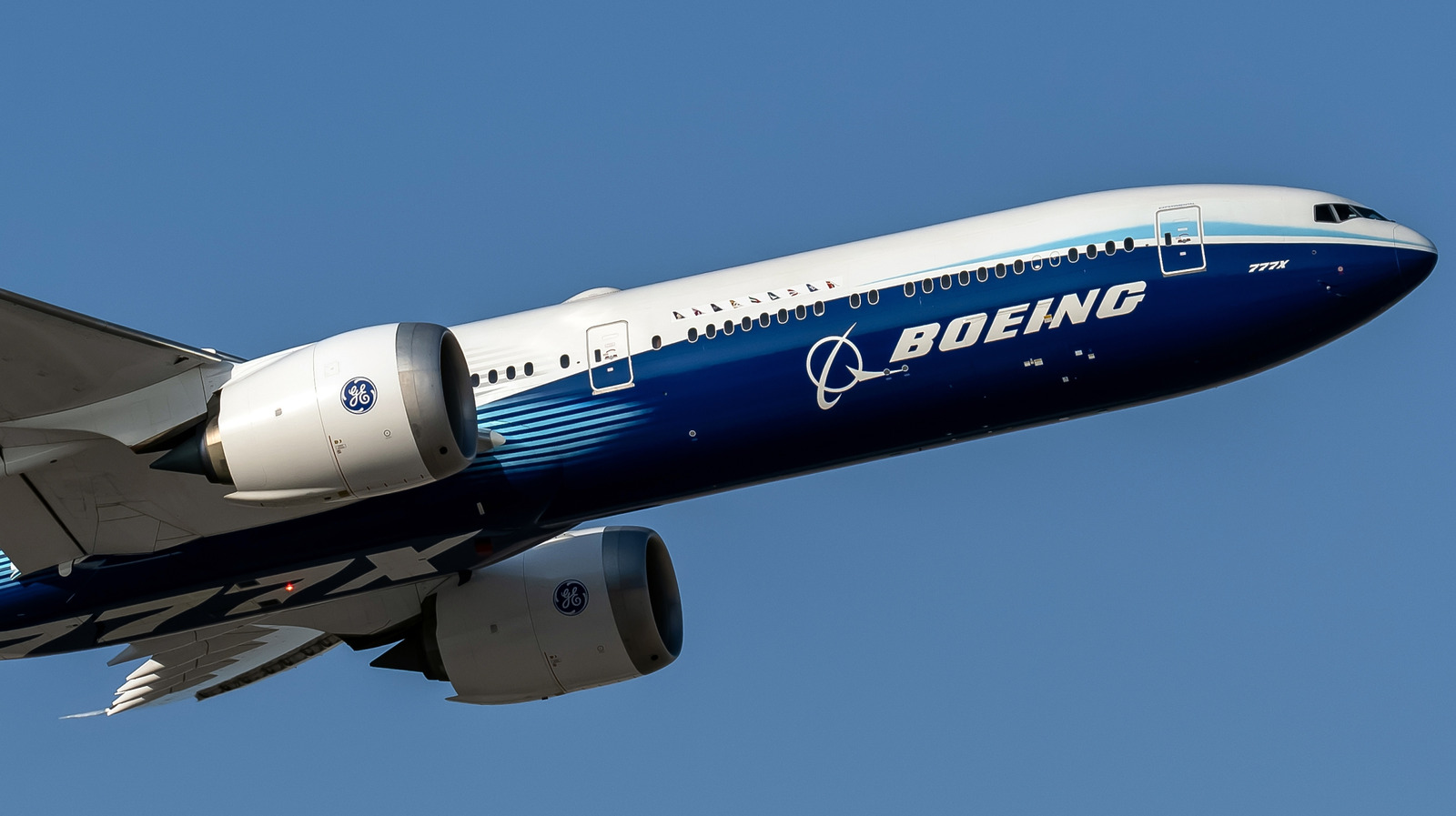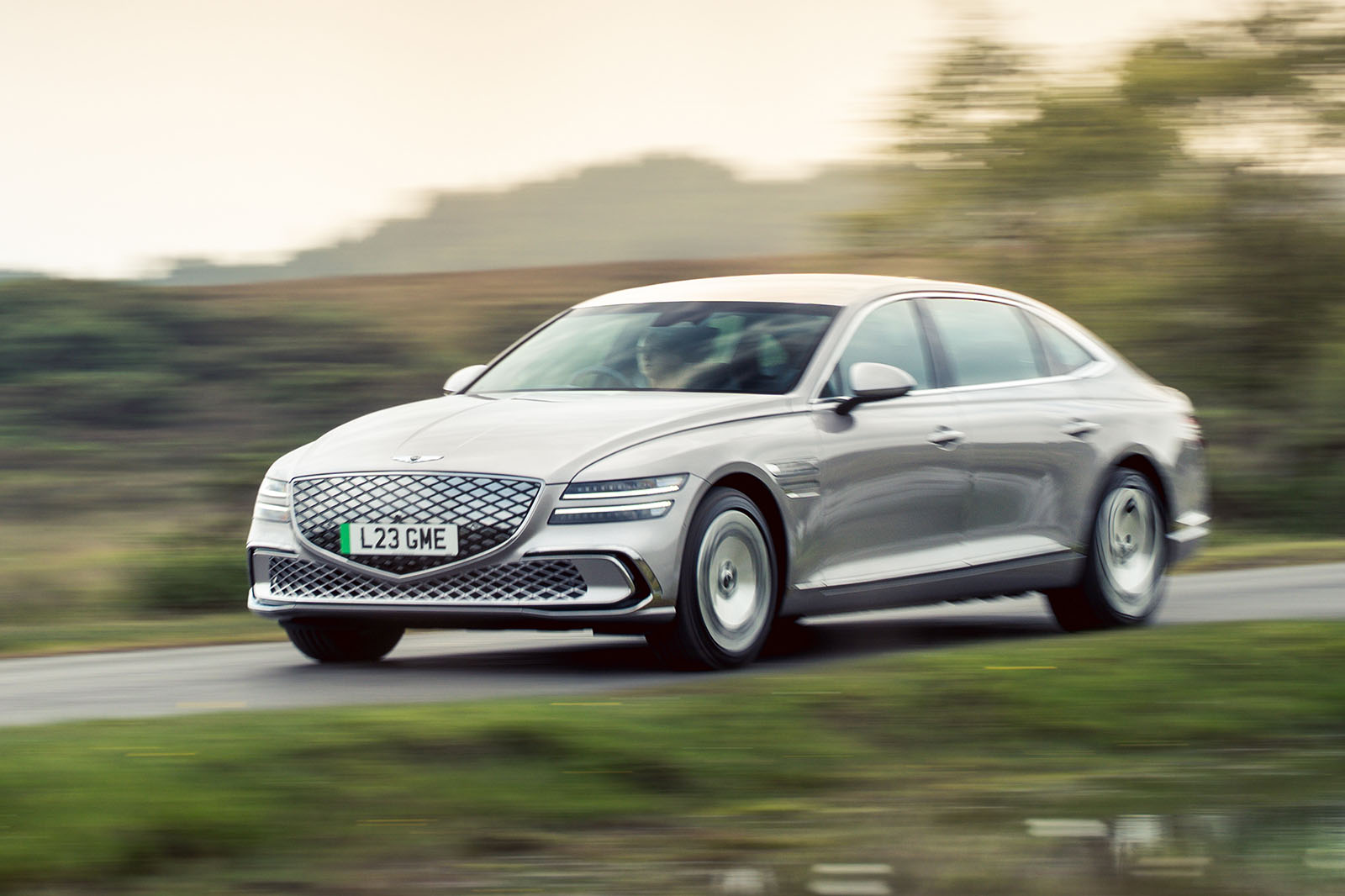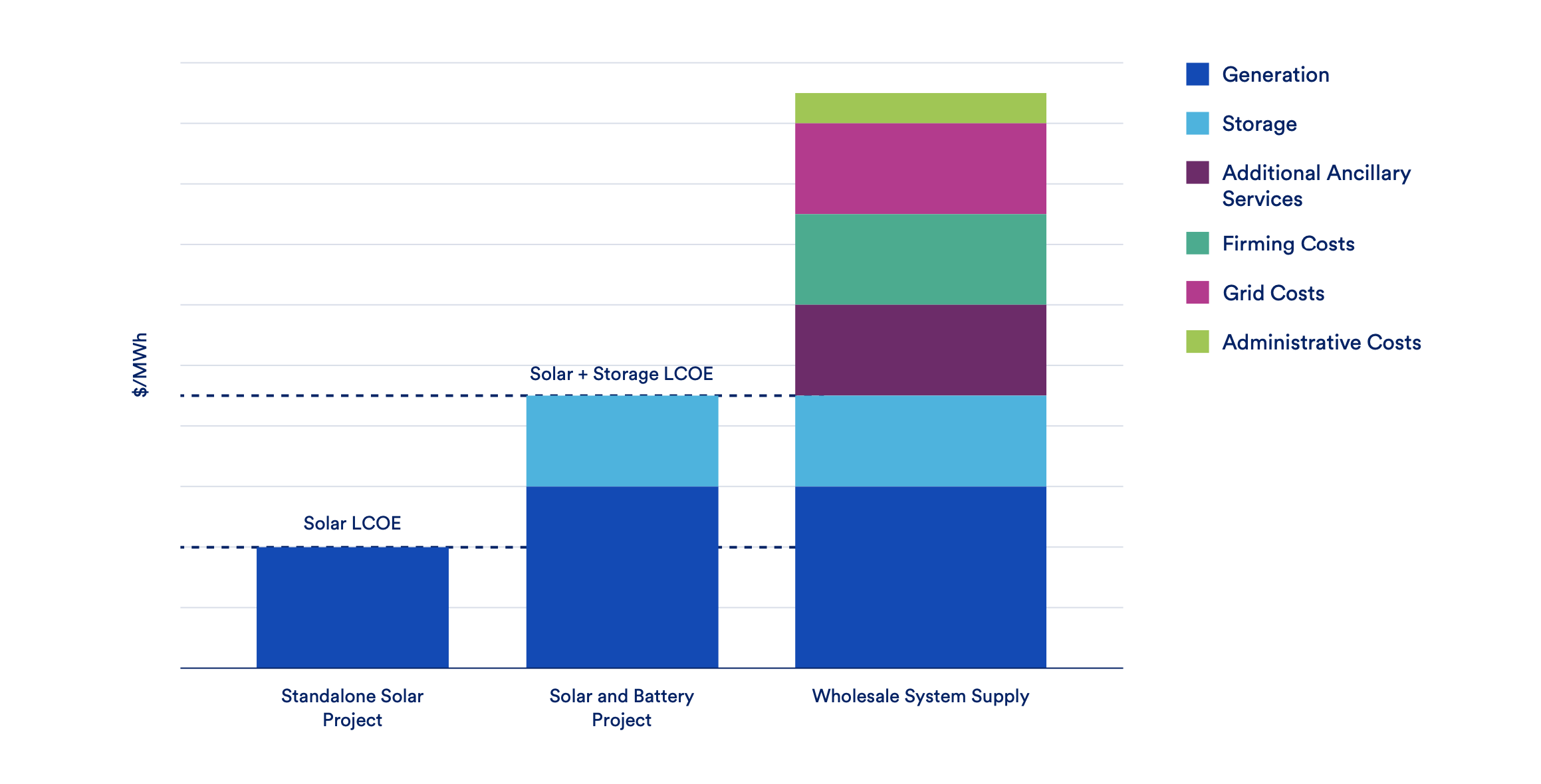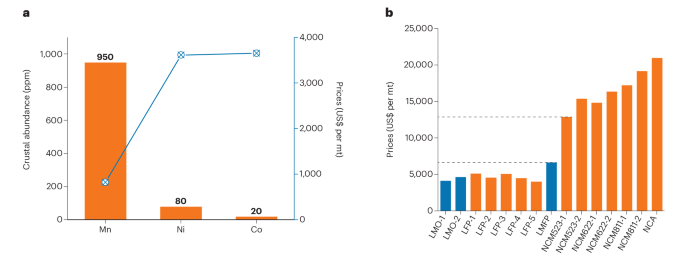A new study by German scientists has compared the impact of three styles of non-alcoholic beer — pilsner, mixed beer and wheat beer — on the health of a group of young men.

Alcohol-free beer has boomed in recent years. More than 120 million pints of no and low alcohol beer were drunk in the UK in 2023, with figures looking set to rise by another 20 million in 2024, according to the British Beer and Pub Association (
BBPA).
As its popularity grows, scientists in Germany have looked at the impact that different styles of non-alcoholic beer have on people's health.
Researchers at Ruhr-University Bochum compared the effects of three styles — pilsner, mixed beer and wheat beer — on the physical health of 44 young men.
The group of study subjects were between the ages of 18 and 30, all non-smokers with a BMI below 30.
The study looked at how daily consumption of different alcohol-free beer styles impacted metabolism, health and gut microbiome. Pilsner is a style of lager originating from the Czech Republic. Mixed beer was not defined by the study researchers, but likely refers to either a mixed fermentation beer, where multiple yeast strains are used in the brewing process, or to a blended beer, where different batches or styles of beer are combined. Wheat beer is a common style used in Germany where a substantial amount of the grain used in brewing is wheat, rather than the traditional barley.
Ahead of the study, subjects did not drink any alcohol for four weeks and retained their usual eating or exercise habits.
During the study, which lasted four weeks, the young men were split into four groups, each consuming 660ml of either pilsner, mixed beer, wheat beer or water on a daily basis. The volume of beer consumed daily during the study corresponds to a usual daily amount of beer or non-alcoholic beer consumed in Germany.
So what were the results? The researchers found that while mixed and wheat beer had an "unfavourable metabolic impact on glucose and fat", pilsner and water were "more favourable from a metabolic perspective".
The study concluded that "non-alcoholic pilsner has fewer adverse effects compared to other drinks", though it was not found to be more beneficial to people's health than just drinking water.
While mixed and wheat beer were shown to have a more of an impact on health, the effects were in line with other sugary soft drinks.
"Although alcohol has been removed from the [non-alcoholic beer] variants, these drinks still contain a considerable number of calories and sugar, which is not transformed into ethanol. High-calorie drinks contribute to weight gain and promote the progression of metabolism-associated diseases,"
the study said.
The study found that the negative impacts of wheat and mixed beer were "primarily driven by calorie intake, rather than the effect of polyphenols", the naturally-occurring compounds found in beer.
As such, the study suggests that when it comes to alcohol-free alternatives, drinking non-alcoholic wheat or mixed beer has a similar impact on health to sugary, high-calorie soft drinks. Pilsner, on the other hand, was found to have minimal impact on metabolic health.

 Alcohol-free beer has boomed in recent years. More than 120 million pints of no and low alcohol beer were drunk in the UK in 2023, with figures looking set to rise by another 20 million in 2024, according to the British Beer and Pub Association (BBPA).
As its popularity grows, scientists in Germany have looked at the impact that different styles of non-alcoholic beer have on people's health.
Researchers at Ruhr-University Bochum compared the effects of three styles — pilsner, mixed beer and wheat beer — on the physical health of 44 young men.
The group of study subjects were between the ages of 18 and 30, all non-smokers with a BMI below 30.
The study looked at how daily consumption of different alcohol-free beer styles impacted metabolism, health and gut microbiome. Pilsner is a style of lager originating from the Czech Republic. Mixed beer was not defined by the study researchers, but likely refers to either a mixed fermentation beer, where multiple yeast strains are used in the brewing process, or to a blended beer, where different batches or styles of beer are combined. Wheat beer is a common style used in Germany where a substantial amount of the grain used in brewing is wheat, rather than the traditional barley.
Ahead of the study, subjects did not drink any alcohol for four weeks and retained their usual eating or exercise habits.
During the study, which lasted four weeks, the young men were split into four groups, each consuming 660ml of either pilsner, mixed beer, wheat beer or water on a daily basis. The volume of beer consumed daily during the study corresponds to a usual daily amount of beer or non-alcoholic beer consumed in Germany.
So what were the results? The researchers found that while mixed and wheat beer had an "unfavourable metabolic impact on glucose and fat", pilsner and water were "more favourable from a metabolic perspective".
The study concluded that "non-alcoholic pilsner has fewer adverse effects compared to other drinks", though it was not found to be more beneficial to people's health than just drinking water.
While mixed and wheat beer were shown to have a more of an impact on health, the effects were in line with other sugary soft drinks.
"Although alcohol has been removed from the [non-alcoholic beer] variants, these drinks still contain a considerable number of calories and sugar, which is not transformed into ethanol. High-calorie drinks contribute to weight gain and promote the progression of metabolism-associated diseases," the study said.
The study found that the negative impacts of wheat and mixed beer were "primarily driven by calorie intake, rather than the effect of polyphenols", the naturally-occurring compounds found in beer.
As such, the study suggests that when it comes to alcohol-free alternatives, drinking non-alcoholic wheat or mixed beer has a similar impact on health to sugary, high-calorie soft drinks. Pilsner, on the other hand, was found to have minimal impact on metabolic health.
Alcohol-free beer has boomed in recent years. More than 120 million pints of no and low alcohol beer were drunk in the UK in 2023, with figures looking set to rise by another 20 million in 2024, according to the British Beer and Pub Association (BBPA).
As its popularity grows, scientists in Germany have looked at the impact that different styles of non-alcoholic beer have on people's health.
Researchers at Ruhr-University Bochum compared the effects of three styles — pilsner, mixed beer and wheat beer — on the physical health of 44 young men.
The group of study subjects were between the ages of 18 and 30, all non-smokers with a BMI below 30.
The study looked at how daily consumption of different alcohol-free beer styles impacted metabolism, health and gut microbiome. Pilsner is a style of lager originating from the Czech Republic. Mixed beer was not defined by the study researchers, but likely refers to either a mixed fermentation beer, where multiple yeast strains are used in the brewing process, or to a blended beer, where different batches or styles of beer are combined. Wheat beer is a common style used in Germany where a substantial amount of the grain used in brewing is wheat, rather than the traditional barley.
Ahead of the study, subjects did not drink any alcohol for four weeks and retained their usual eating or exercise habits.
During the study, which lasted four weeks, the young men were split into four groups, each consuming 660ml of either pilsner, mixed beer, wheat beer or water on a daily basis. The volume of beer consumed daily during the study corresponds to a usual daily amount of beer or non-alcoholic beer consumed in Germany.
So what were the results? The researchers found that while mixed and wheat beer had an "unfavourable metabolic impact on glucose and fat", pilsner and water were "more favourable from a metabolic perspective".
The study concluded that "non-alcoholic pilsner has fewer adverse effects compared to other drinks", though it was not found to be more beneficial to people's health than just drinking water.
While mixed and wheat beer were shown to have a more of an impact on health, the effects were in line with other sugary soft drinks.
"Although alcohol has been removed from the [non-alcoholic beer] variants, these drinks still contain a considerable number of calories and sugar, which is not transformed into ethanol. High-calorie drinks contribute to weight gain and promote the progression of metabolism-associated diseases," the study said.
The study found that the negative impacts of wheat and mixed beer were "primarily driven by calorie intake, rather than the effect of polyphenols", the naturally-occurring compounds found in beer.
As such, the study suggests that when it comes to alcohol-free alternatives, drinking non-alcoholic wheat or mixed beer has a similar impact on health to sugary, high-calorie soft drinks. Pilsner, on the other hand, was found to have minimal impact on metabolic health. 















































































































































